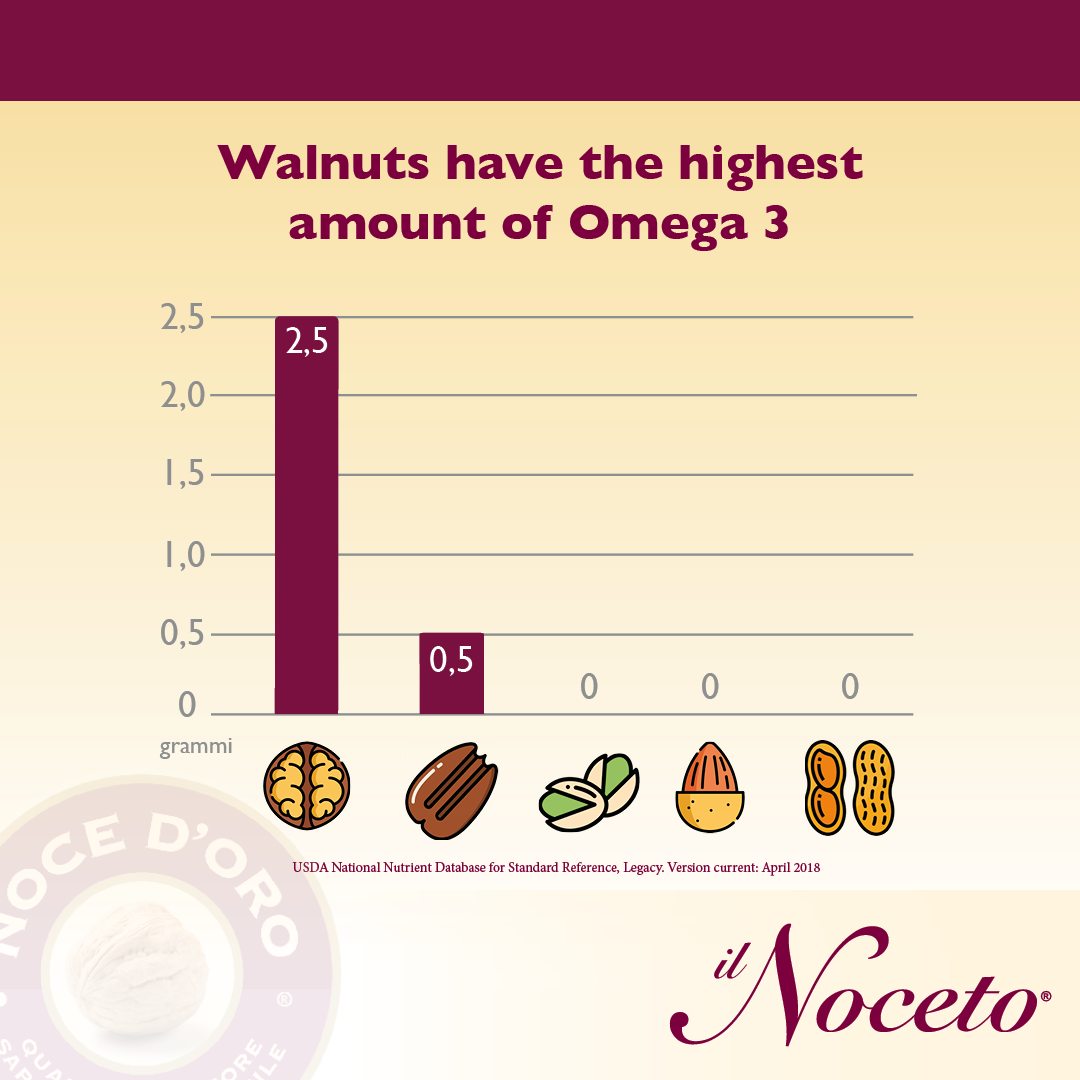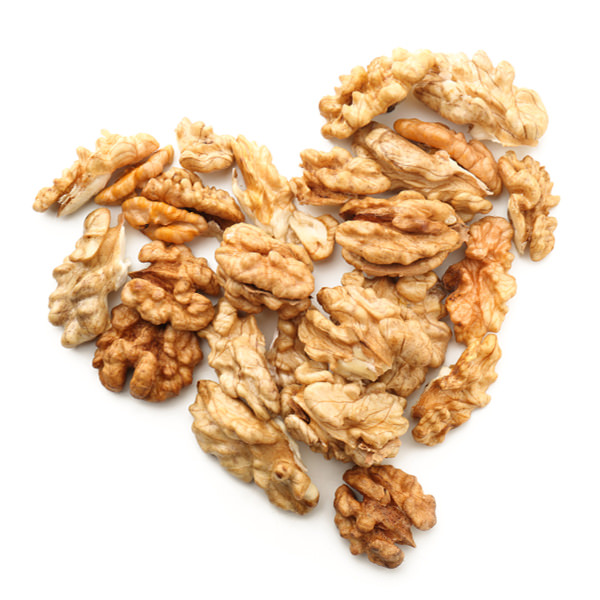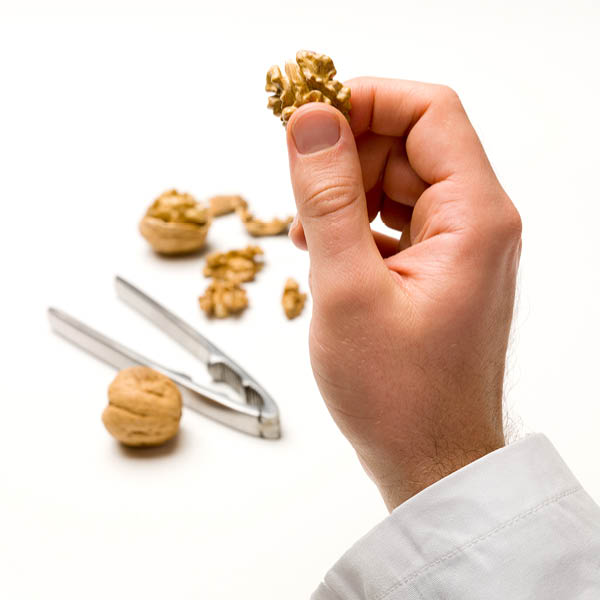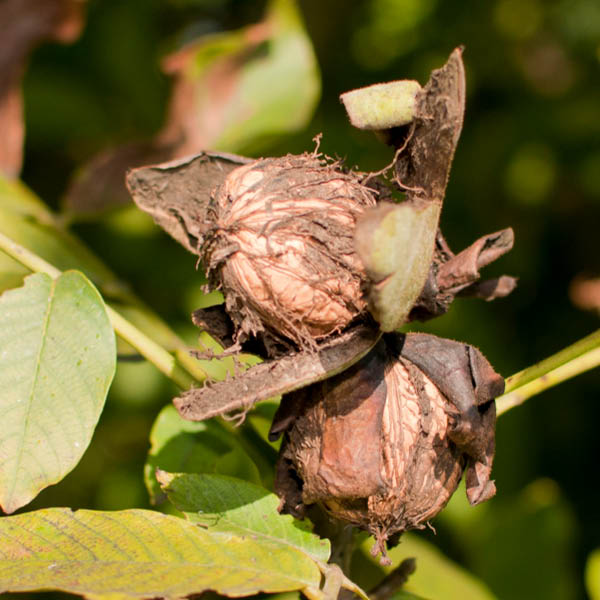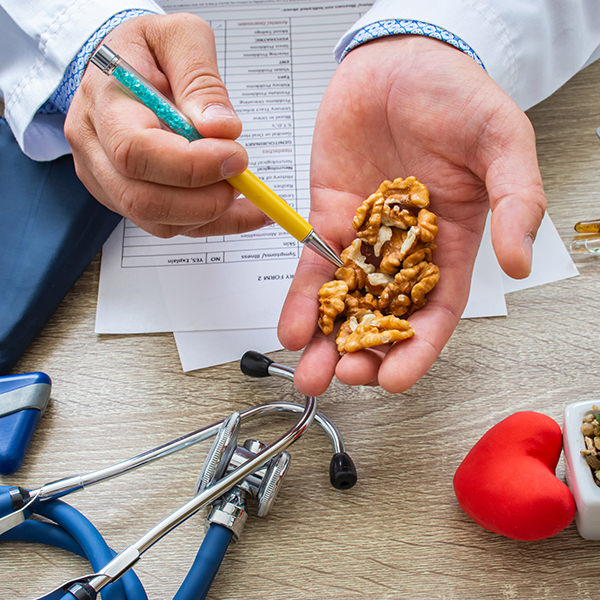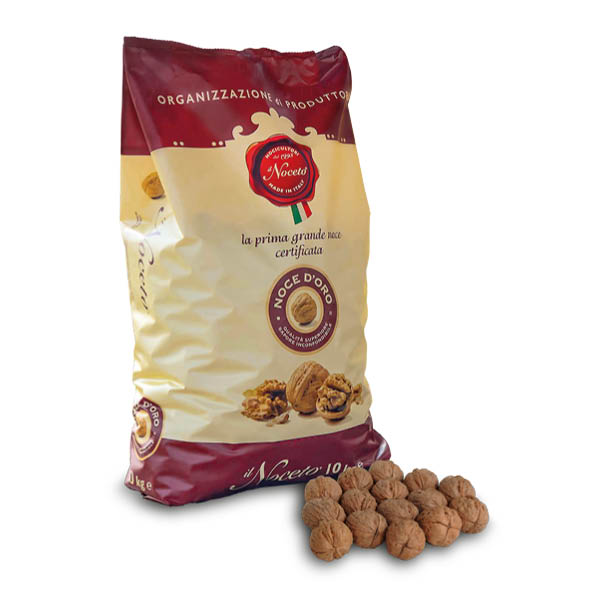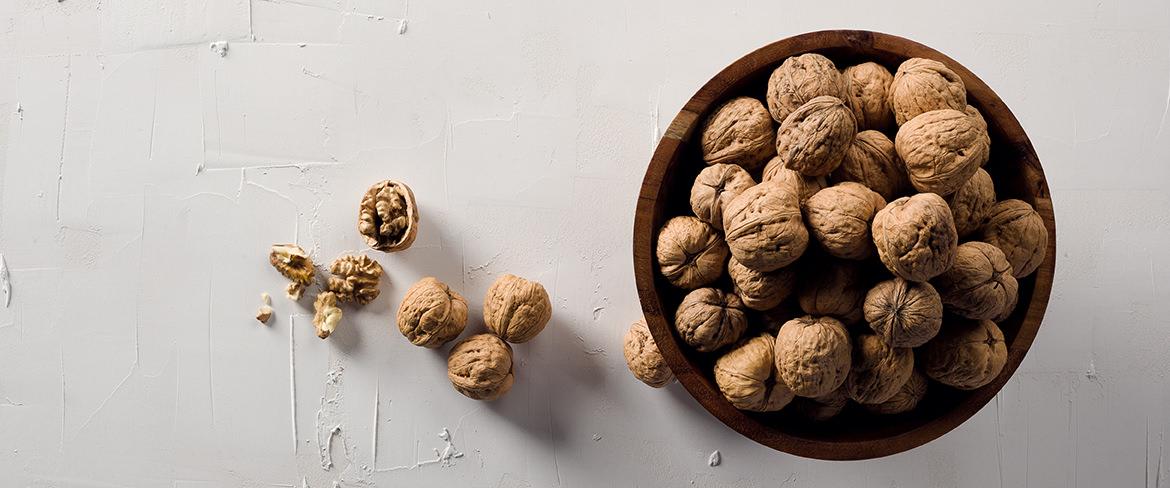
Noce d’Oro is good for you
The consumption of Noce d’Oro is recommended for the prevention of cardiovascular diseases due to its high content of polyunsaturated fats (omega 3 e omega 6). Among the nuts, it is the one with the highest content of ALA, Omega3 alpha-linolenic acid.
In addition to Omega3 is the one with the highest content in tocopherols, phenols, polyphenols, and flavonoids, such as Vitamin E, Ellagic acid, Catechin, and Melatonin, which are very useful for their antioxidative properties, helping to counteract the aging processes of our cells. (Yang et al . 2009)
Walnut and Nervous System
The Doctrine of Signatures is an ancient herbalist philosophy attributed to Paracelsus (1491-1541) and later to the popular German shoemaker Jakob Bohme (1575-1624). It claims that all fruits and vegetables share aesthetic properties or "signatures" with the benefiting body. For this ancient doctrine the Walnut, with its two hemispheres and knotted folds, resembles the human brain at many levels ais and, therefore,e recommended for its consumption to keep this important organ healthy.
Walnut and Protein
The Noce d’Oro has a high content of noble proteins and is recommended for a vegan diet. In particular, they are rich in arginine necessary to produce nitric oxide, which in turn helps in the prevention of atherosclerosis and for the proper functioning of circulation. (Diniz et al, 2019).
Noce d’Oro is a good source of vitamins including Band 1, and Band 2, contains contain mineral salts such as phosphorus, copper, zinc, potassium, iron, man, cesium, and calcium, which help protect us from infections. Walnuts also have a good fiber content.
In short, Noce d’Oro is good for you: 5 Noce d’Oro a day keep the doctor away!
The Walnut in botany
The fruit of the walnut is defined in technical terms as a drupe.
The drupe is a fleshy fruit, characterized by a thin and membranous exocarp (peel) a fleshy and juicy mesocarp (the pulp), and a woody endocarp ("the bone" or kernel) which contains the seed. Among the drupes we remember, are apricot, cherry, plum, mango, the coconut, the blackthorn, olive, pistachio, the fruit of coffee, and the walnut.

